Payments under the Beef Efficiency Scheme started this week, they will run on an on-going basis until every participant has received their payment. Participants in the 2016 scheme have until March next year to complete carbon audits on their farms. However, a Scottish government spokesperson said that it is expected that the vast majority will be completed by the end of this year.
Farm visits
The first carbon audit is to be completed on farm with an advisor from environmental consultancy company Ricardo. The company is already in the process of phoning farmers to arrange a suitable date and time. Farmers will receive a letter to confirm the date and time of the visit.
Farmers Journal Scotland understands that letters sent out to farmers about the audits asked for large amounts of information including the use of energy on the farm. The Scottish Government said this is to establish what information can be entered into the Carbon Audit tool in advance of the advisor’s visit.
“There’s paperwork for paperwork’s sake and then there’s paperwork that will bring the business forward. The carbon audit is not just a box-ticking exercise, it is a really valuable tool for the farm,” said Hugh Martin from Ricardo. “The aim is to identify areas where inputs can be reduced or used more efficiently which will have a positive impact on greenhouse gas emissions and financial performance.”
The audit will be completed during the visit and discussions with the adviser should lead to an action or actions being agreed between the farmer and adviser which will have a positive impact on the farm business and the GHG emissions, he added.
“We expect the visit should take around 3 hours - this incorporates the data input and discussions. The length of time will depend on the accessibility of the data,” Martin said. The details of what is required have been shared in a letter to all participants.”
The scheme has not been as popular as originally hoped. Its budget under the Scottish Rural Development Programme 2014-2020 was revised down from £45m to £24.5m, with some farmers that signed up dropping out since.
Farmers that opt to withdraw from the scheme must write to their RPID explaining why and quoting their Main Farm Code and Business Reference Number.
“Receiving a Carbon Audit is a benefit of the scheme and aims to make businesses more sustainable both environmentally and economically. It will also be valuable in identifying possible cost savings, potentially benefiting bottom lines,” a spokesperson for the government said.




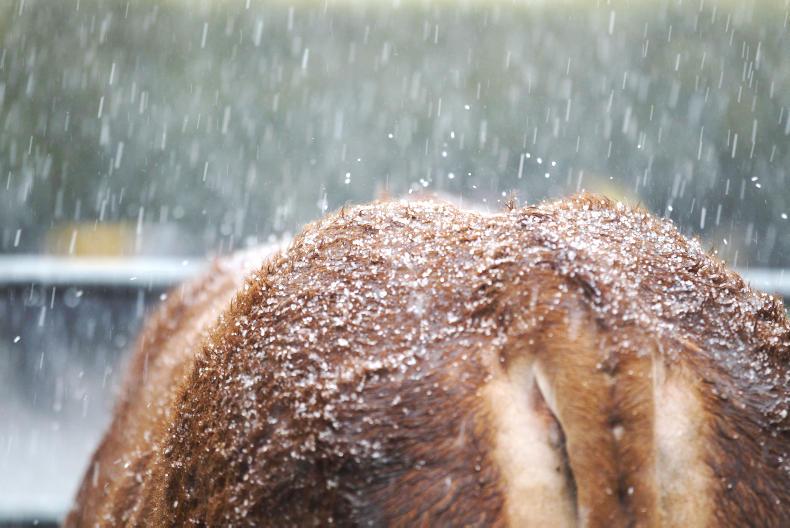
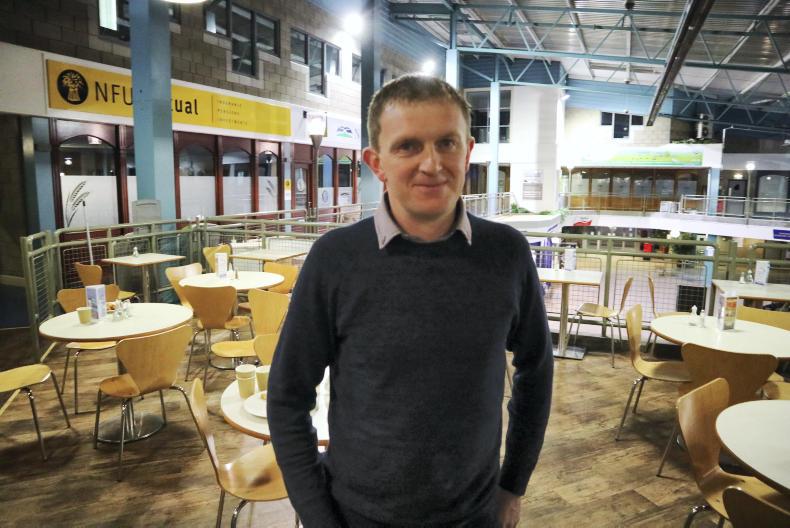

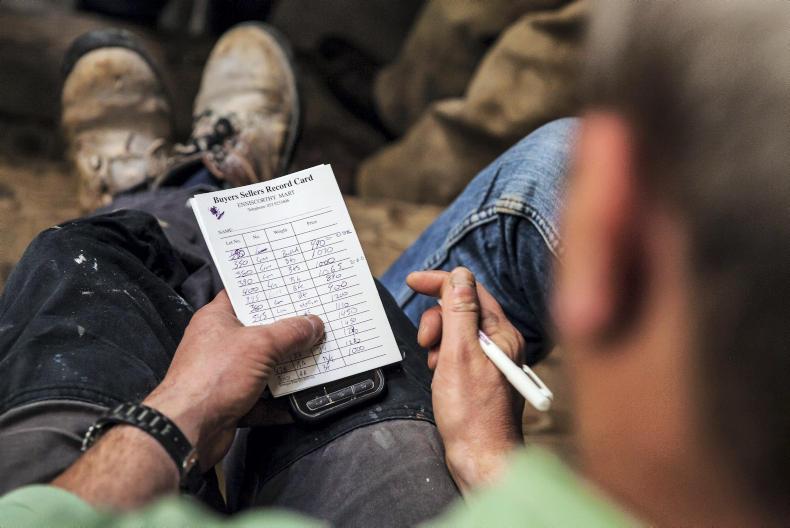
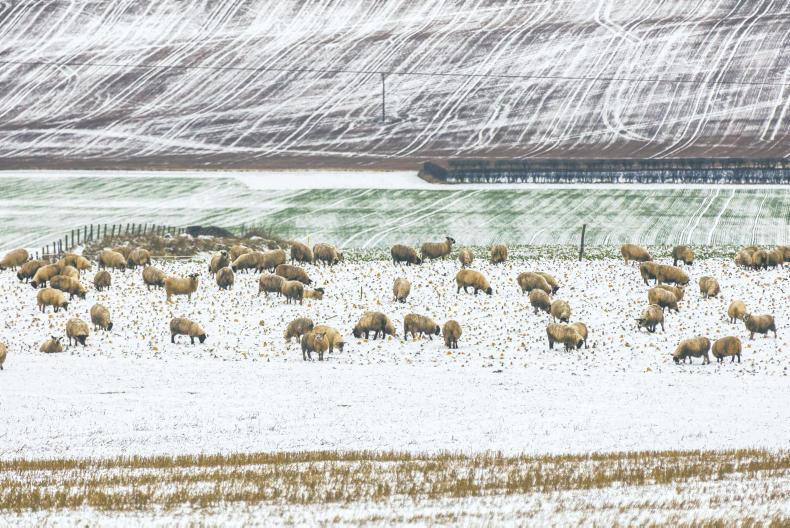
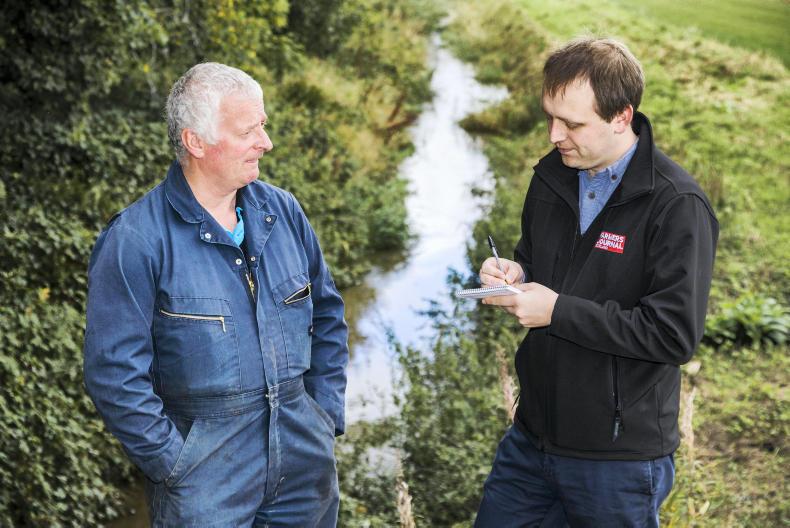
SHARING OPTIONS